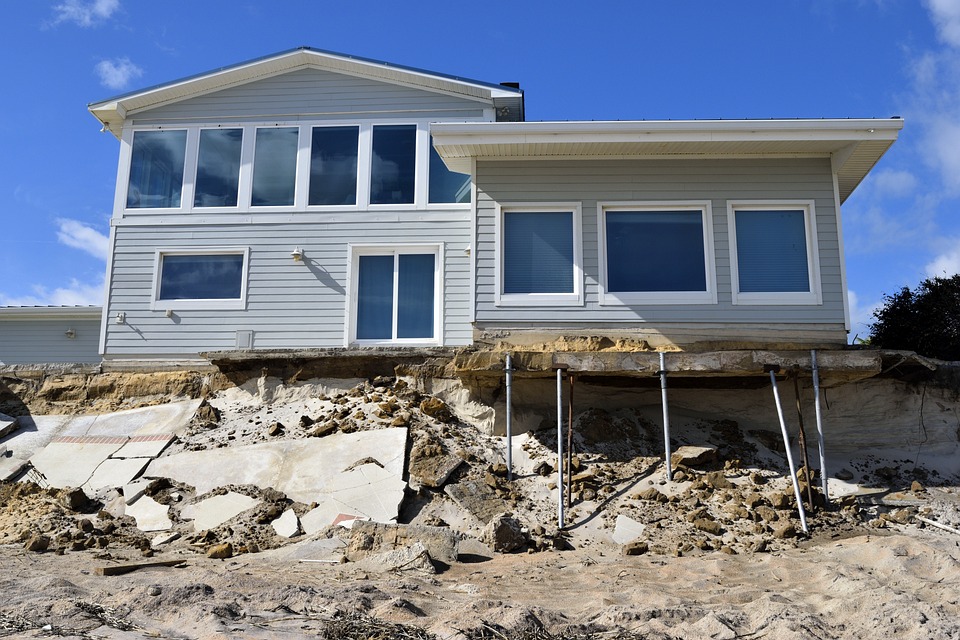How Does Global Warming Affect Winter? Understanding Climate Change’s Impact on Cold Seasons
Introduction
Global warming, primarily driven by human activities such as the burning of fossil fuels, is significantly altering seasonal weather patterns, including winter. While it may seem that global warming could eliminate winter altogether, it actually modifies its characteristics, leading to milder and shorter winters rather than their complete disappearance.
Rising Winter Temperatures
Evidence shows that winter temperatures are rising globally. For instance:
– Winters across the contiguous United States have warmed by nearly 3°F over the last fifty years, with northern states experiencing increases of over 5°F.
– In Europe, average winter temperatures have increased at a rate of approximately 0.47°C per decade since 1979[1][3].
These rising temperatures result in fewer days of extreme cold and a general trend towards milder winters.
Shorter and Milder Winters
Warmer temperatures lead to shorter and less intense winters. This shift affects various winter activities and industries:
– Skiing and snow sports are becoming less viable in many regions due to reduced snow cover and shorter seasons.
– The economic impact is significant; for instance, the winter recreation sector in areas like the Adirondack Mountains could face substantial losses due to declining snow[10].
Impact on Snowfall and Ice
Global warming is also influencing snowfall and ice conditions:
– Decreased Snowfall: In many regions traditionally known for heavy snowfall, warmer winters result in increased rainfall instead of snow. This trend threatens water supplies that rely on seasonal snowmelt[7][9].
– Ice Melts and Shorter Snow Cover: The reduction in snow cover impacts glaciers and seasonal snowpack, leading to earlier melts that can disrupt water availability during drier months[6][9].
Increased Frequency of Extreme Weather Events
Interestingly, while winters are warming overall, the frequency of extreme weather events may increase:
– Polar Vortex Disruptions: Warming in the Arctic can destabilize the polar vortex, causing frigid Arctic air to spill southward unexpectedly. This phenomenon can lead to severe cold snaps even in warmer winters[1][8].
– Heavy Snowfall in Warmer Winters: Warmer air holds more moisture, which can result in heavier snowfalls during winter storms when conditions align properly[1][4].
Ecological Effects of Warmer Winters
The ecological consequences of milder winters are profound:
– Animal hibernation cycles and migration patterns are disrupted as species adapt to changing temperatures.
– Plant life experiences altered blooming cycles, leading to increased vulnerability to frost damage and affecting overall biodiversity[2][6].
Implications for Human Life and Economy
The impacts of warmer winters extend to human health and economic sectors:
– Public Health: While milder winters reduce cold-related health risks, they can exacerbate allergy seasons and increase pest populations due to warmer conditions[6][10].
– Economic Impacts: Industries reliant on consistent winter conditions, such as tourism and agriculture, face challenges from unpredictable weather patterns. Additionally, energy demands may shift as heating needs fluctuate with changing winter temperatures[10].
FAQs
– Why do some winters still feel extremely cold despite global warming?
Despite overall warming trends, localized cold events can still occur due to disruptions in atmospheric patterns like the polar vortex.
– How does global warming impact snowfall?
Warmer temperatures can lead to more rain instead of snow in many areas but can also cause heavier snowfall during specific storm events due to increased moisture in the atmosphere.
– What is the connection between global warming and the polar vortex?
Warming Arctic temperatures reduce the temperature gradient between the poles and mid-latitudes, weakening the polar vortex and allowing cold air to penetrate further south.
– How do warmer winters affect wildlife?
Milder winters disrupt hibernation and migration patterns for many species, leading to mismatches in food availability and habitat suitability.
– Will global warming eventually eliminate winter?
While significant changes are occurring, it is unlikely that winter will be completely eliminated in the near future; rather, its characteristics will continue to evolve.
Conclusion
Global warming has complex effects on winter weather patterns, resulting in rising temperatures, increased volatility in weather events, and significant ecological impacts. Addressing climate change is crucial for preserving seasonal balance and protecting ecosystems from further disruption.

Kyle Whyte is a notable scholar and professor at the University of Michigan, holding positions such as the George Willis Pack Professor in the School for Environment and Sustainability and Professor of Philosophy. Specializing in environmental justice, his work critically examines climate policy and Indigenous peoples’ ethics, emphasizing the nexus between cooperative scientific endeavors and Indigenous justice. As an enrolled Citizen Potawatomi Nation member, he brings a vital perspective to his roles as a U.S. Science Envoy and member of the White House Environmental Justice Advisory Council. His influential research is supported by various prestigious organizations including the National Science Foundation, and disseminated through publications in high-impact journals. Kyle actively contributes to global Indigenous research methodologies and education, with affiliations to numerous institutes and societies dedicated to traditional knowledge and sustainability. Recognized for his academic and community engagement, Kyle has earned multiple awards and served in various visiting professorships. His efforts extend to leadership positions on boards and committees focused on environmental justice nationwide.
